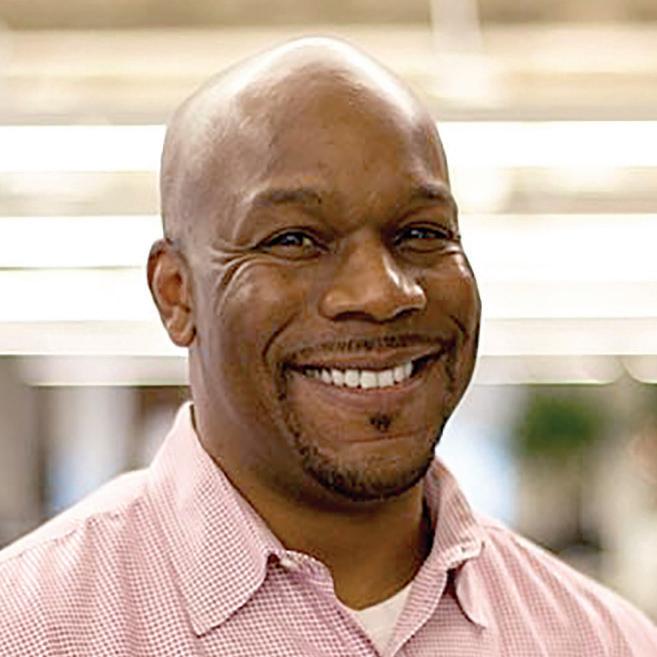
2 minute read
INNOVATING THE LEGACY
Alumni work to transform diabetes treatment on the centennial of U of T’s discovery of insulin
BY DIDIER HA (HBSC ’22 INNIS)
Advertisement
This past year marked a century since Frederick Banting and Charles Best discovered insulin at the University of Toronto in 1921. It is inspiring to see how one discovery has changed the path of medicine in diabetes treatment, and saved millions of lives. Drug discoveries such as this inspired me to study pharmacology at U of T.
That sense of discovery and innovation in diabetes treatment and management is still going strong today with accomplished Innis alums Rose Perri and Mark Angelo. I had the honour of speaking with them both about their work.
ROSE PERRI (BA ’90 Innis)
After graduating from Innis College in 1990, Rose Perri held several leadership positions in the start-up biotech space. She is now the CEO of EastGate Biotech, a producer and distributor of innovative nutraceuticals, including their flagship sublingual insulin tablet.
What is your company doing to transform the way we currently treat diabetes?
We have developed a technology platform for enhanced drug delivery that allows known drugs currently administered via injection to be delivered in a non-invasive format (oral and sublingual routes).
We are focused on the delivery of insulin via a liquid insulin mouth solution based on a proprietary composition. This is targeted towards patients with Type 2 diabetes, and because it is non-injectable, will allow patients to take insulin earlier. (Needle-averse patients and particularly those who are facing multiple injections a day often put off this type of treatment as late as possible.)
We believe our liquid insulin will provide a safe, effective, and cost-effective alternative to treating diabetes.
Why is it important that we change the way we administer diabetes treatments?
The status quo has often been to treat patients when they become sick. The problem with this is that when they become too sick there is an increase of strokes, heart attacks, dialysis, amputations, etc. Not only is the quality of life compromised, but the financial impact of all of the diabetes side effects can become insurmountable. Insulin is a well-known drug, and it is safe. Finding a non-injectable alternative will increase its use and allow doctors to convince patients to treat themselves early in the treatment trajectory.
MARK ANGELO (BASc ’03)
Mark Angelo graduated from Innis in 2003, going on to receive his MBA at Harvard. He is now the CEO of LMC Healthcare, Canada’s largest multidisciplinary specialist provider in diabetes care.

What is your company doing to transform the way we currently treat diabetes?
Our goal is to help patients with diabetes lead healthier and happier lives. Our specialists care for the most complex of diabetes patients who have multiple health issues, and who require intensive treatment strategies.
We take a multidisciplinary, integrated approach that takes into account a patient’s unique context, risk factors, and challenges. Typically, diabetes patients receive care from multiple specialists and healthcare professionals, and the patient is left with the burden of coordinating their own care amongst these experts. By bringing a group of experts together that can work as one patient-centred team, we hope to reduce the burden and stress of diabetes management and provide more effective and convenient care to patients.
Over the past year, LMC has begun to expand beyond medical care to provide patients access to health coaching and mental health support. Besides patient care, we are also a leader in clinical research, and we work closely with industry to bring new and innovative therapies to market.
How are you and your company making diabetes care more accessible?
Our goal is to provide effective and accessible care to all Canadians living with diabetes. Due to our team-based approach and streamlined workflows, our specialists are able to manage 100,000 patients per year and offer wait times that are 75 per cent lower than the national average.
It is important to note that not all diabetes care is covered by government-funded programs; certain drugs, devices, supplies, and preventative health screenings are only covered by private insurance and/or require out-of-pocket payments. We are working with industry, government, and Diabetes Canada to provide better coverage and access to diabetes care. Accessible, affordable care for all Canadians with diabetes is a reality that we are working towards.










